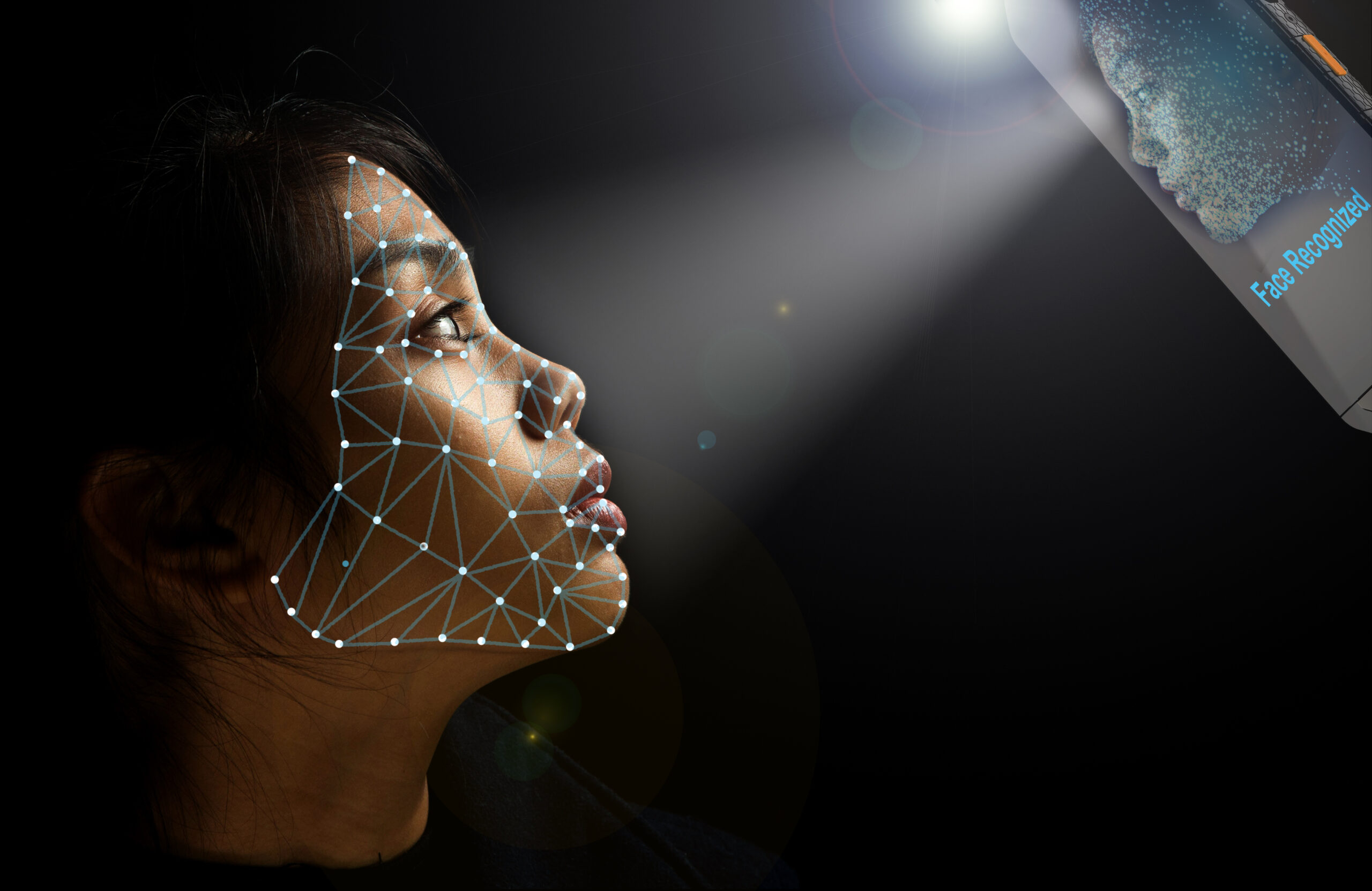Facial recognition technology has rapidly become an integral part of our digital landscape, offering convenience, security, and efficiency in various applications. From unlocking smartphones to enhancing surveillance systems, the capabilities of facial recognition are expanding. However, the growing prevalence of this technology raises ethical concerns that demand careful consideration. This blog explores the ethical dimensions surrounding the use of facial recognition technology, examining both its benefits and potential risks.
The Advantages of Facial Recognition:
Enhanced Security:
Facial recognition technology is employed for access control, improving security in restricted areas and ensuring only authorized individuals gain entry.
It plays a crucial role in law enforcement by aiding in the identification and tracking of individuals involved in criminal activities.
Convenience in Everyday Life:
Unlocking smartphones, accessing secure facilities, and even making payments have become more convenient with the integration of facial recognition technology.
Businesses use facial recognition for personalized customer experiences, enhancing user engagement.
Public Safety:
In crowded places such as airports and public events, facial recognition assists in identifying potential threats and enhancing overall safety.
It can aid in locating missing persons and reuniting families.
Ethical Concerns Surrounding Facial Recognition:
Privacy Implications:
The mass collection and storage of facial data raise concerns about individual privacy. Unauthorized access to or misuse of this data could result in unwarranted surveillance and potential abuses.
Facial recognition technology can be deployed without individuals’ explicit consent, leading to a lack of control over personal information.
Bias and Accuracy Issues:
Facial recognition algorithms have been found to exhibit biases, with varying levels of accuracy across different demographic groups. This can result in unfair treatment and exacerbate existing societal inequalities.
Misidentification of individuals, especially in the context of law enforcement, can have serious consequences, leading to wrongful arrests or other legal implications.
Government Surveillance:
Widespread use of facial recognition by government agencies raises concerns about mass surveillance, eroding the balance between security and individual freedoms.
Lack of clear regulations and oversight mechanisms can potentially lead to abuse of power.
Lack of Informed Consent:
Individuals may not be aware of when or how their facial data is being collected, stored, or used. The absence of informed consent raises questions about transparency and accountability.
Ethical Guidelines and Responsible Deployment:
Transparency and Informed Consent:
Organizations and governments should prioritize transparency, providing clear information about when and how facial recognition technology is used.
Obtaining informed consent ensures that individuals are aware of the collection and use of their facial data.
Addressing Bias and Accuracy:
Developers must actively work to minimize biases in facial recognition algorithms, conducting regular audits to identify and rectify any issues.
Ongoing testing and refinement are crucial to improving accuracy and avoiding unjust consequences.
Legal Frameworks and Oversight:
Establishing clear legal frameworks and oversight mechanisms can help prevent abuse and ensure responsible deployment of facial recognition technology.
Governments should consider implementing regulations that balance the benefits of the technology with individual rights.
Public Discourse and Inclusion:
Engaging the public in discussions about the use of facial recognition fosters a sense of inclusion and allows for diverse perspectives to be considered.
Ethical considerations should be an integral part of the decision-making process when implementing facial recognition systems.
To conclude facial recognition technology presents a double-edged sword, offering significant advantages while raising critical ethical questions. Striking a balance between innovation and ethical responsibility is essential to harness the benefits of this technology without compromising individual rights and societal values. As we navigate this evolving landscape, it is imperative to prioritize transparency, fairness, and accountability to ensure that facial recognition technology aligns with our ethical principles and respects the fundamental rights of individuals.



